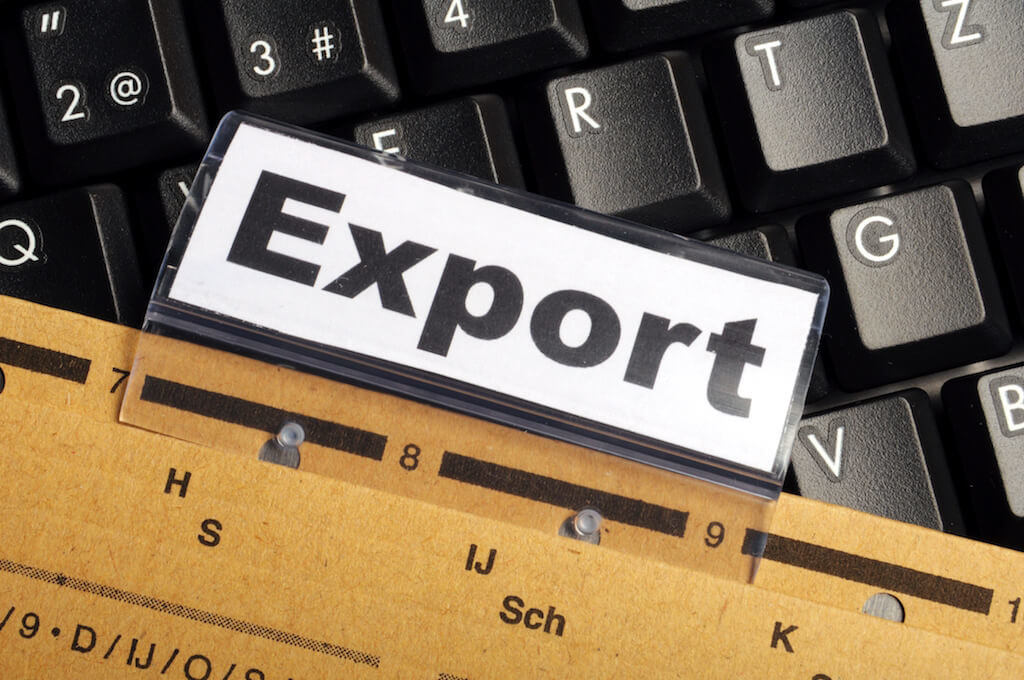
Ghana, a rapidly growing economy, is attracting both local and foreign investors interested in establishing businesses. It stands as one of the most stable countries in Africa, offering a conducive environment for businesses to flourish. With its positive and competitive business landscape, Ghana has emerged as a business hub and a preferred investment destination for foreign businesses in Africa.
Persons interested in registering an exporting company in Ghana must comply with the Republic’s governing laws.
An exporter must first register his business with the Registrar General’s Department to obtain a certificate of incorporation. After that, you must register with the Ghana Revenue Authority. The Ghana Revenue Authority is responsible for the assessment, collection and accounting for tax revenue in the country. You will be issued a tax clearance certificate and get a tax identification number (TIN) which are necessary for your export business.
After registering with the Registrar General’s Department and the Ghana Revenue Authority, you must register with the Ghana Export Promotion Authority.
The Ghana Export Promotion Authority (GEPA)
The Ghana Export Promotion Authority (GEPA) is the National Trade Support Institution of the Ministry of Trade and Industry (MOTI). It plays a crucial role in facilitating, developing, and promoting Ghanaian exports. Established by Act 396 in 1969, it operates as an agency of the Ministry of Trade and Industry, with a clear mandate to foster and encourage Ghanaian exports.
GEPA subsequently acquired its Authority Status by the Revised Laws of Ghana Act 1998 (Act 562) (1) of the Ghana Export Authority Act, 1969 (NLCD 396).
GEPA’s mandate is to build internal systems and strategic external networks to develop Ghanaian Non-Traditional Exports throughout the value chain and promote Made-in-Ghana goods and services in strategic markets, thereby achieving national economic development targets.
GEPA’s Key Services
Among the key services of GEPA are,
1. GEPA is a coordinating pivot for the various public sector and non-governmental bodies involved in trade facilitation.
2. The Authority carries out advocacy services for bodies involved in exports.
3. GEPA organizes workshops, forums, conferences, and seminars for both export service facilitators and exporting companies.
4. GEPA identifies and adapts products with export potential for the export market.
5. Organizes market/trade missions, contact promotion programmes, trade fairs and exhibitions, and buyer / seller meetings to penetrate the competitive international market.
6. Trains exporters and export-facilitating institution personnel to upgrade their export marketing skills.
Procedures to Obtain an Export License
The processes leading to the acquisition of an export licence are enumerated below,
1. Register your business with the Registrar General’s Department.
2. Register as an exporting company with the Ghana Export Promotion Authority. Choose the GEPA Registration Form and submit it along with photocopies of your registered business certificates.
3. Contact the appropriate Permit-Issuing Agencies (PIA) to inspect premises and production facilities.
4. The PIA shall submit an inspection report and recommendations to GEPA and copy the exporter. GEPA shall complete the registration process as the PIA and other agencies recommend. A certificate is issued to the exporter, and a copy is sent to the Ghana Revenue Authority (GRA).
5. The PIA shall arrange for the testing of samples and inspection of the consignment to be exported and shall issue an Export Consignment Certificate to cover each shipment.
6. The exporter shall also obtain additional documents where required, such as a Certificate of Origin or Phyto-Sanitary Certificate.
7. The exporter shall present all relevant documents to GRA Customs at the Exit Point. Customs shall ensure that the exporter has all relevant documents before processing products for export.
8. The exporter shall notify the importer of the consignment details.
Other Permits to Obtain to Export From Ghana
Various export permits must be obtained depending on the product to be exported. Below is a list of products and the institutions that one must obtain their required permits to export goods from Ghana.
• Cocoa Beans – Fumigation and Quality Assurance by Control Division of Ghana Cocoa Marketing Board (COCOBOD)
• Sawn Lumber – Permit by Forestry Commission (TIDD)
• Mineral Ore – Permit by Minerals Commission.
• Manufactured/Processed Goods – Ghana Standards Authority Certificate.
• Fresh/Processed Fish – Ghana Standards Authority Quality Assurance Certificate.
• Coffee, Shea-nuts & Cashew nuts – COCOBOD Quality Assurance Certificate.
• Food/Agricultural Products (e.g. yam, pineapple, plantain, palm oil, etc.) – Phytosanitary Certificate (PPRS).
• Rock & Rock samples – Geological Survey Department Certificate
• Wildlife, e.g. reptiles, etc. Permit from Dept. of Game & Wildlife
• Pets – Veterinary Services of Min. of Food & Agriculture (MOFA)
• Chemicals – Certificate from Environmental Protection Agency (EPA).
• Pharmaceuticals – Min. of Health (MOH) & Food & Drugs Authority (FDA).
• Palm Oil – Food & Drugs Board.
• Charcoal – Energy Commission.
• Antique – Museum & Monuments Board Permit.
• Human remains – Certificate from the Births & Deaths Registry.
• Timber & Wood products – Forestry Commission Permit (TIDD).
• Wildlife – Department of Game and Wildlife.
• Live Plants – Ministry of Agriculture.
• Dangerous Weapons – Ministry of Interior
Conclusion
Ghana is open for business with GEPA as the national agency for trade promotion. Persons in Ghana who want to undertake export business are required to register with GEPA. The law allows foreigners to obtain the requisite permits, stay, and lawfully engage in their business activities in Ghana.
Legal Notice
The contents of this publication, current at the date of publication set out above, are for reference purposes only. They do not constitute legal advice and should not be relied upon. Legal advice about your particular circumstances should always be sought separately before taking action based on this publication.
© Legalstone Solicitors
